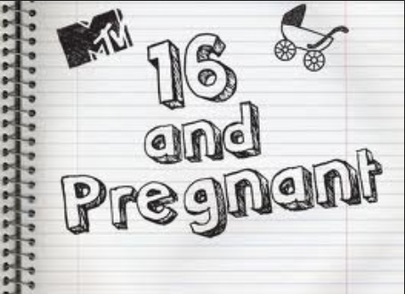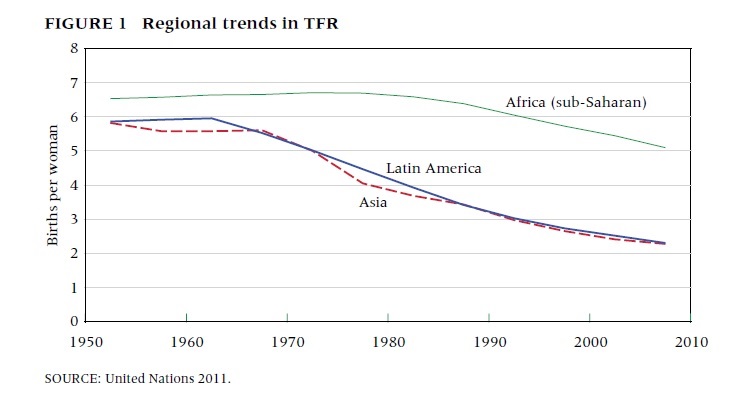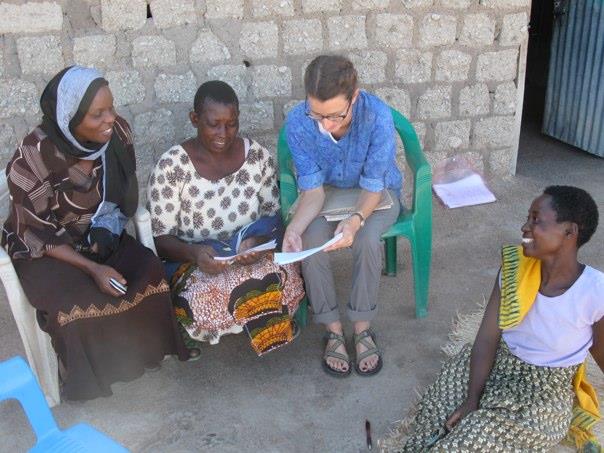2. The less-lofty life of an adjunct (Should I be relieved that this is not a story of an economist?).
3. The illustrated guide to the knowledge process of earning a PhD.
4. Outspoken and clever Frank DeFord on International Olympics Committee decision to host the Olympics in Sochi:
How is it possible that the IOC could have done so little due diligence to award the games to a Soviet throwback bent on putting on a show in an out-of-the-way place where poverty and payoffs thrive, where terrorism and tragedy loom, where the environment is in danger, where dissent is disallowed and prejudice is certified by law?
5. Mr Gates on the myths of international development.
Hat tip: COCO, ARP and Dad.




 RSS Feed
RSS Feed